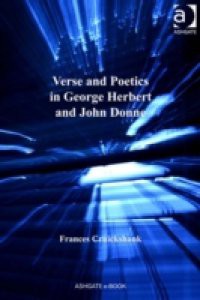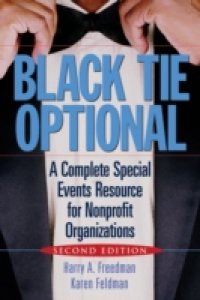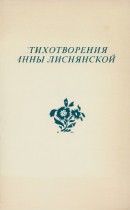Innovative and highly readable, this study traces George Herbert's and John Donne's development of a distinct poetics through close readings of their poems, references to their letters, sermons, and prose treatises, and to other contemporary poets and theorists. In demonstrating a relationship between poetics and religious consciousness in Donne's and Herbert's verse, Frances Cruickshank explores their attitudes to the cultural, theological, and aesthetic enterprise of writing and reading verse. Cruickshank shows that Donne and Herbert regarded poetry as a mode not determined by its social and political contexts, but as operating in and on them with its own distinct set of aesthetic and intellectual values, and that ultimately, verse mattered as a privileged mode of religious discourse.This book is an important contribution to the ongoing scholarly dialogue about the nature of literary and cultural study of early modern England, and about the relationship between the writer and the world. Cruickshank confirms Donne's reputation as a fascinating and brilliant poetic figure while simultaneously rousing interest in Herbert by noting his unique merging of rusticity and urbanity and tranquility and uncertainty, allowing the reader to enter into these poets' imaginative worlds and to understand the literary genre they embraced and then transformed.


















